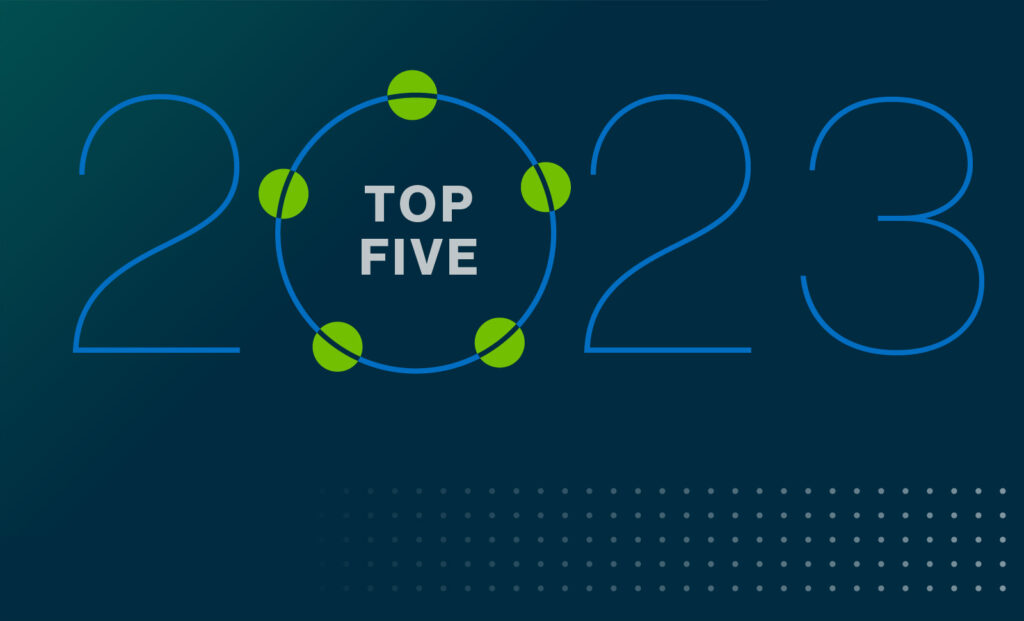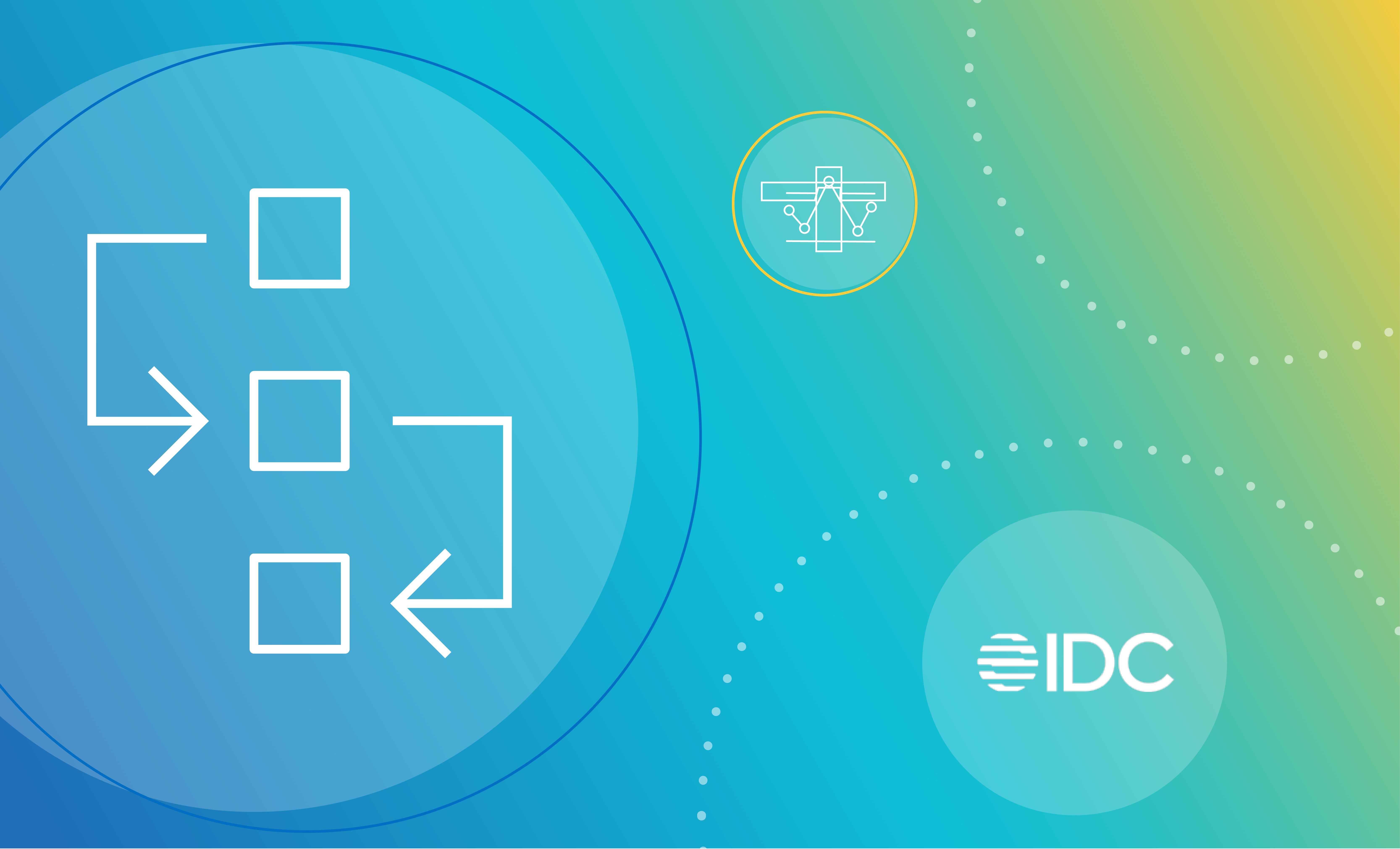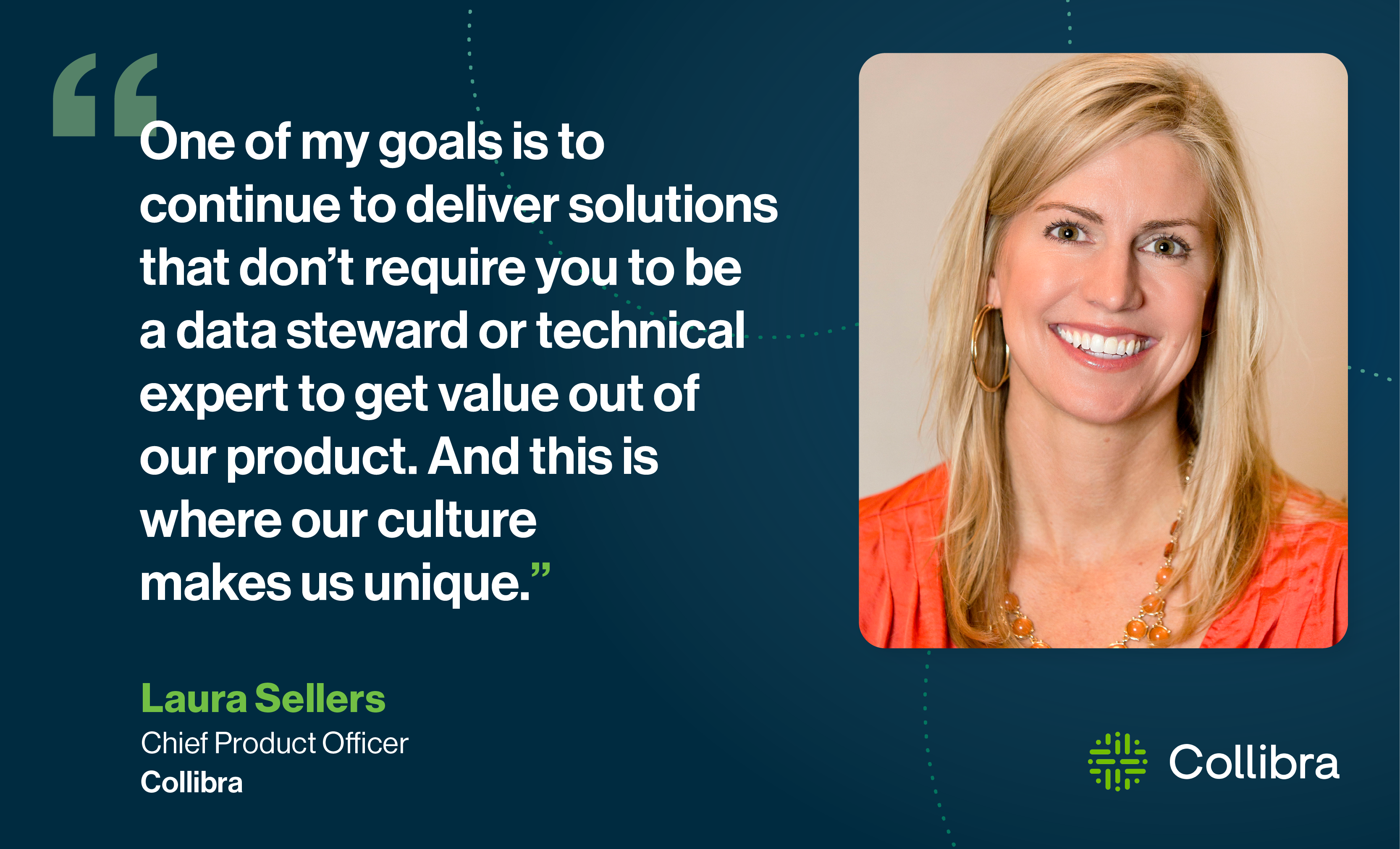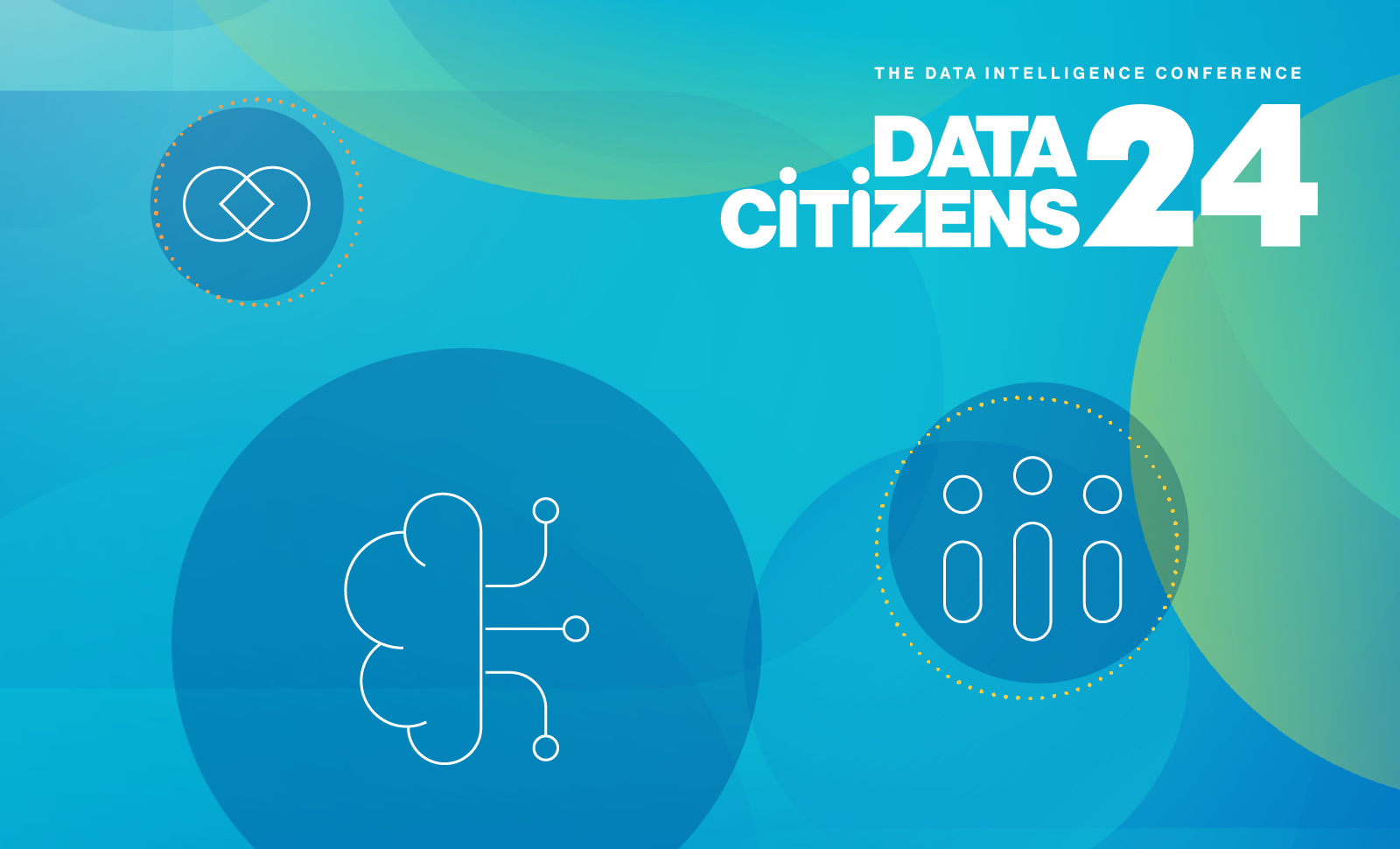The top priority for any data leader should be turning data into value – Data Monetization. And that’s just one of the biggest trends I see emerging or expanding in the coming year. Here are my Top 5 Data Predictions for 2023.
Data monetization
This is my big trend for 2023 and something I see getting more and more attention within the industry. First, there’s the trend in the profession. The Chief Data Officer role has existed for 15 years, but a CDO’s tenure is only about two to three years – which isn’t as long as other C-Suite roles. So the profession is challenged and under a lot of pressure.
There’s internal pressure to produce and prove value. Are you making data work for you and is it quantifiable? Are you delivering tangible ROI for your organization? Companies rightly expect a lot from data and from their CDOs. As you move up the data maturity ladder, monetization is now expected, even required.
There is also incredible external pressure because of global economic uncertainties. That means even more scrutiny of budgets and on the bottomline, plus a heavy emphasis on efficiencies. Data redundancies and poor governance comes with a big price tag that no one can afford anymore.
Data products
Today’s data leaders have to think, “How can I turn data into money?” And that doesn’t mean directly selling your data. It is about turning data into products. That is the key to monetization, and data products are the shortest conceptual distance between the data and the dollar.
I see 2023 being about the “how” of data: How does the data team get its job done? I see increased focus on discipline throughout the entire process. If you are building data products that no one is using, then you are just burning money. Data teams will be more disciplined to drive adoption of data products.
Tectonic shift to the cloud
The shift from on-prem data to the cloud has been happening for years. But there will be a real tectonic shift in data infrastructure next year. It will accelerate because hyperscalers are driving it like Microsoft, Google and Amazon.
I also see a lot more scrutiny of the move to the cloud. There are real economies and savings in migrating your data to the cloud, but you have to be smart about it or you can create an even bigger cost problem. Make sure that data monetization and data products are part of your move. Make sure ownership of data is clear and the quality of your data is unquestionable. Data governance is essential to controlling your costs in the cloud.
Data Mesh and the rise of the data engineer
Data scientists are critical to our organizations but we are going to see more of a focus on the data engineer. The data engineer is responsible for running the data infrastructure, managing data platforms and keeping the lights on for data products. Without data engineers, there are no data products. Data mesh and data engineers go hand in hand.
Data scientists explore and make models, and those models may work well in theoretical environments. Data engineers fill the gap between exploration and reality and make a product real. This is all part of the evolution of data mesh.
As we see an uptick in data engineers, we will also see specialization with engineers aligning with specific software titans as they get more experience and certifications. You will see data engineers who swear by Google, who swear by Amazon or who swear by Microsoft. Camps will come into being.
You will also see engineering specialization when it comes to the major data cloud players like Snowflake and Databricks, along with intriguing cloud players like SAP, Oracle, IBM and even OVH in France.
Data democratization
The data intelligence projects that will be the most successful are the ones that focus on usability for the broader business audience. That means thinking about data marketplaces where people can shop for data and get easy access.
Thinking is evolving away from the technical, away from simply collecting metadata and focusing on lineage. It’s about giving every user access to data and thinking in terms of, “How do I enable the business?” A business-facing, data monetization-driven initiative will have adoption. One that thinks only about technical users will struggle with adoption.
Collibra just last month launched the Collibra Data Marketplace to make it easier and faster for all data users to find the right data. Self-service and usability will be a big trend in 2023 as data democratization continues to evolve and become an exciting reality.




